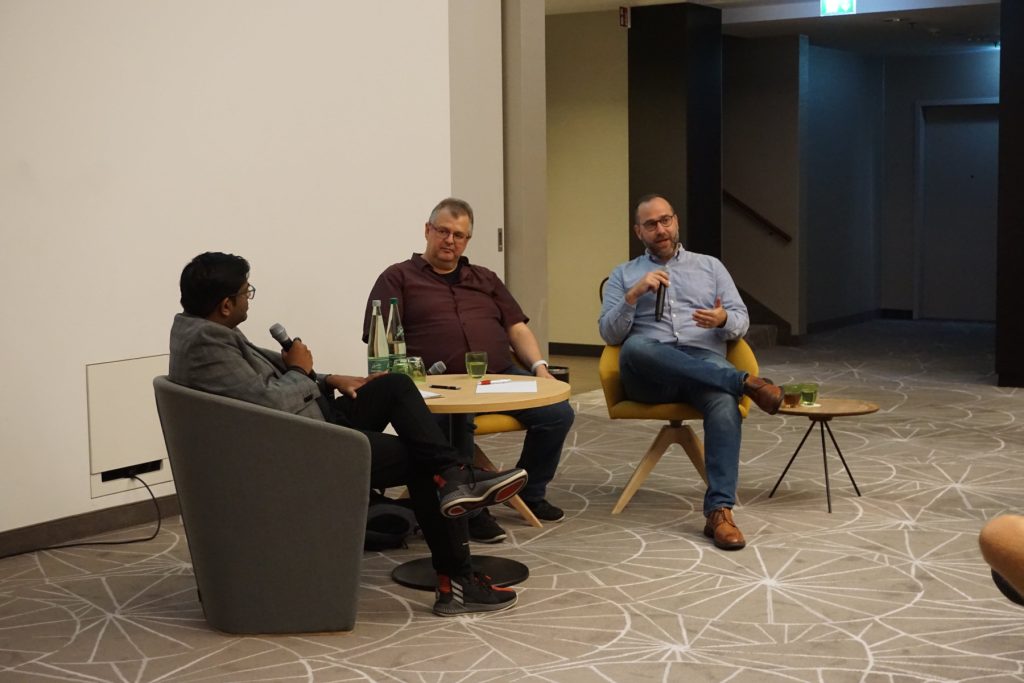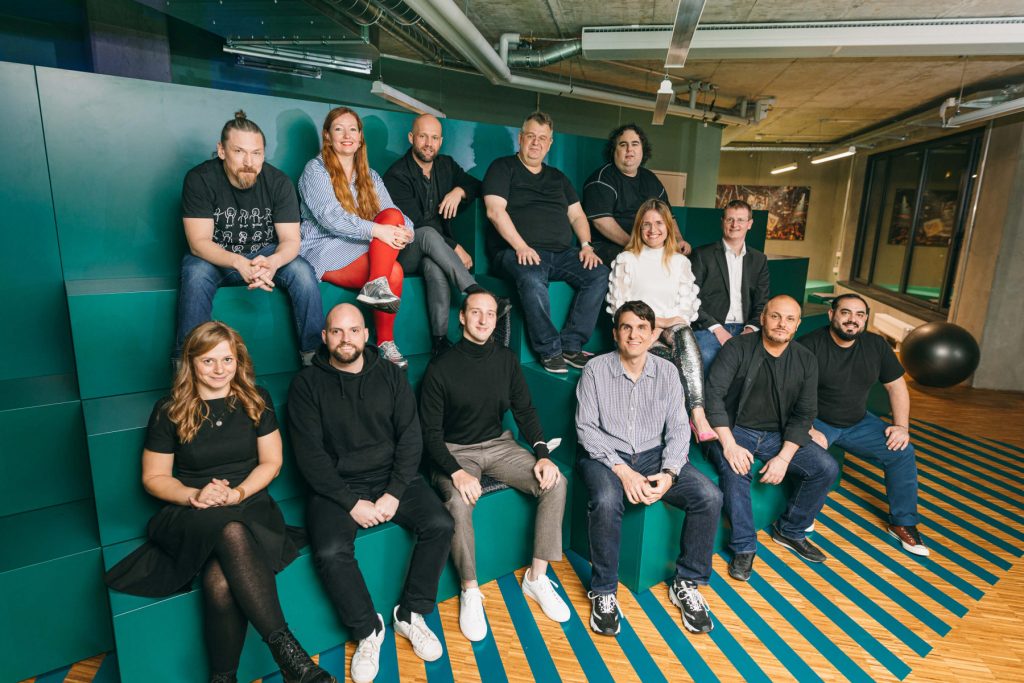Bayes Esports’ Niklas Weber writes for Esports Insider to highlight a roundtable featuring the company and Riot Games which discussed all things data and integrity.

Gamescom 2022 has just finished. For the first time since 2019, Cologne, Germany, was once again a hub for gaming enthusiasts to meet in person and discuss the industry as a whole.
Included in the guest list were two prominent figures in the esports data industry: Riot Games, developer of the most popular competitive title in the world (League of Legends), and esports data company Bayes Esports, whose portfolio includes the likes of ESL Gaming, DreamHack and Riot.
At the convention, both companies met at a roundtable hosted by AWS for Games to discuss the past, present and future of official data and esports integrity.
John Knauss, Lead of Competitive Data Programmes for Esports at Riot Games, started off by looking back at the beginnings of LoL Esports. From playing in ‘Phreaks Basement’ during the first World Championships back in 2011 to having over 73.8m peak concurrent viewers during the Finals last year, according to Knauss.
LoL Esports has changed a lot, and there were quite a few lessons regarding competitive integrity that had to be learned, both for Riot Games and Bayes Esports, during that time.
“Our highest priority is always our fans’ trust,” Knauss stated. “We have invested heavily over the years in the monitoring, education, and policies to ensure the integrity and fairness of our sports.”
Martin Dachselt, CEO & MD of Bayes Esports, added: “League of Legends is balanced around imperfect information.
“Unlike other sports, like for example football, you cannot see your opponent at all times in League. If a player were to get information about where an opposing player is or what is about to happen, then we would be dealing with an integrity issue.”
Finding solutions to issues surrounding esports integrity and providing accessible, accurate data is what Bayes Esports and Riot Games have accomplished throughout the entirety of their three-year partnership. Both parties share the same vision, as well as a mutual understanding of how important official data is.
By working together, data from competitions held by Riot Games can be adjusted by Bayes Esports according to the needs of different data consumers, ranging from media outlets to commercial partners.

“It allows us to have a say in who is using data from our events for what purpose,” Knauss said. “The official data streams we have set up with Bayes allow us greater protections for the integrity of our sport, monitoring of the ecosystem, and broader fan products and experiences.”
This control can have huge implications on the integrity of esports. Commercial use can be monitored more easily. Moreover, data customers can be set to high standards in terms of the precautions that need to be taken while still giving them an advantage over their competitors.
Dachselt explained: “We only serve legal commercial markets. Since official live data is faster and more accurate, our customers have an inherent advantage over the grey betting markets, which also means that the best betting services in esports also adhere to a lot of technical and legal measures to avoid data leaks”.
The data-focused partnership has not only bolstered Riot’s partners and other mediums, but it has allowed Bayes Esports and Riot Games to develop tools that improve the quality of the LoL Esports ecosystem. The recently launched LoL Esports Data Portal allows competing teams to securely access data from all competitions, as well as their own private scrimmages. Additionally, it allows for that data to be used for various use cases.
“Because our sports are digital, we are in a unique position to drive innovation,” Knauss said. “The quantity and depth of the data available in our games provide an opportunity for fan products. The data portal is just a first step in enabling access to commercial partners and eventually the community to do what they have continually shown a great ability to do: channel passion into creating amazing experiences.”
With the ever-growing interest in esports as a whole, emerging esports commercial markets, and a better understanding of what potential integrity risks are in relation to the handling of esports data, it becomes more and more important for the industry to understand the value of official data. This means being continually vigilant about integrity risks and constantly pursuing best practices to protect each sport.

It also includes looking ahead into the future and the possibility of new esports titles entering the scene. So, when Dachselt and Knauss were asked how they envisioned esports to be in 20 years, they both saw new and upcoming games in their respective horizons.
“Right now, we are offering services and data for the big three esports titles LoL, CS:GO and Dota 2, but it’s our vision at Bayes Esports to cover every match of every game. We want data from any game to be available as soon as the match is played,” announced Dachselt. “Every game publisher should make the in-game data available on BEDEX the first day a new game is launched.”
“Esports is a whole new world that is just starting to mature,” Knauss mentioned. “Over the next several years, I expect the esports scene to evolve into a much more dynamic place. While there will of course be long-running flagship sports, demographic preferences, and trends we see around entertainment consumption, I think we will see a more dynamic world, with new esports coming into the scene more frequently than we see with traditional sports.”
Written in collaboration with Bayes Esports.
